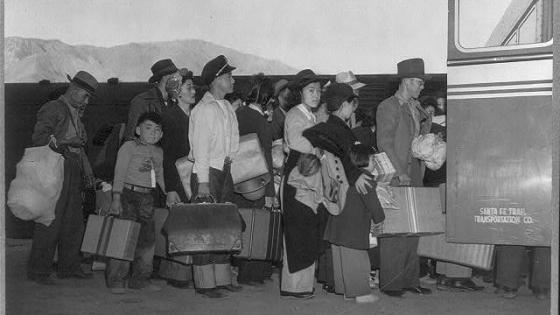DP16610 Lessons of Keynes’s Economic Consequences in a Turbulent Century
Just over a century old, John Maynard Keynes’s The Economic Consequences of the Peace (1919) remains a seminal document of the twentieth century. At the time, the book was a prescient analysis of political events to come. In the decades that followed, this still controversial text became an essential ingredient in the unfolding of history. In this essay, we review the arc of experience since 1919 from the perspective of Keynes’s influence and his changing understanding of economics, politics, and geopolitics. We identify how he, his ideas, and this text became key reference points during times of turbulence as actors sought to manage a range of shocks. Near the end of his life, Keynes would play a central role in planning the world economy’s reconstruction after World War II. We argue that the “global order” that evolved since then, marked by increasingly polarized societies, leaves the community of nations ill prepared to provide key global public goods or to counter critical collective threats.

